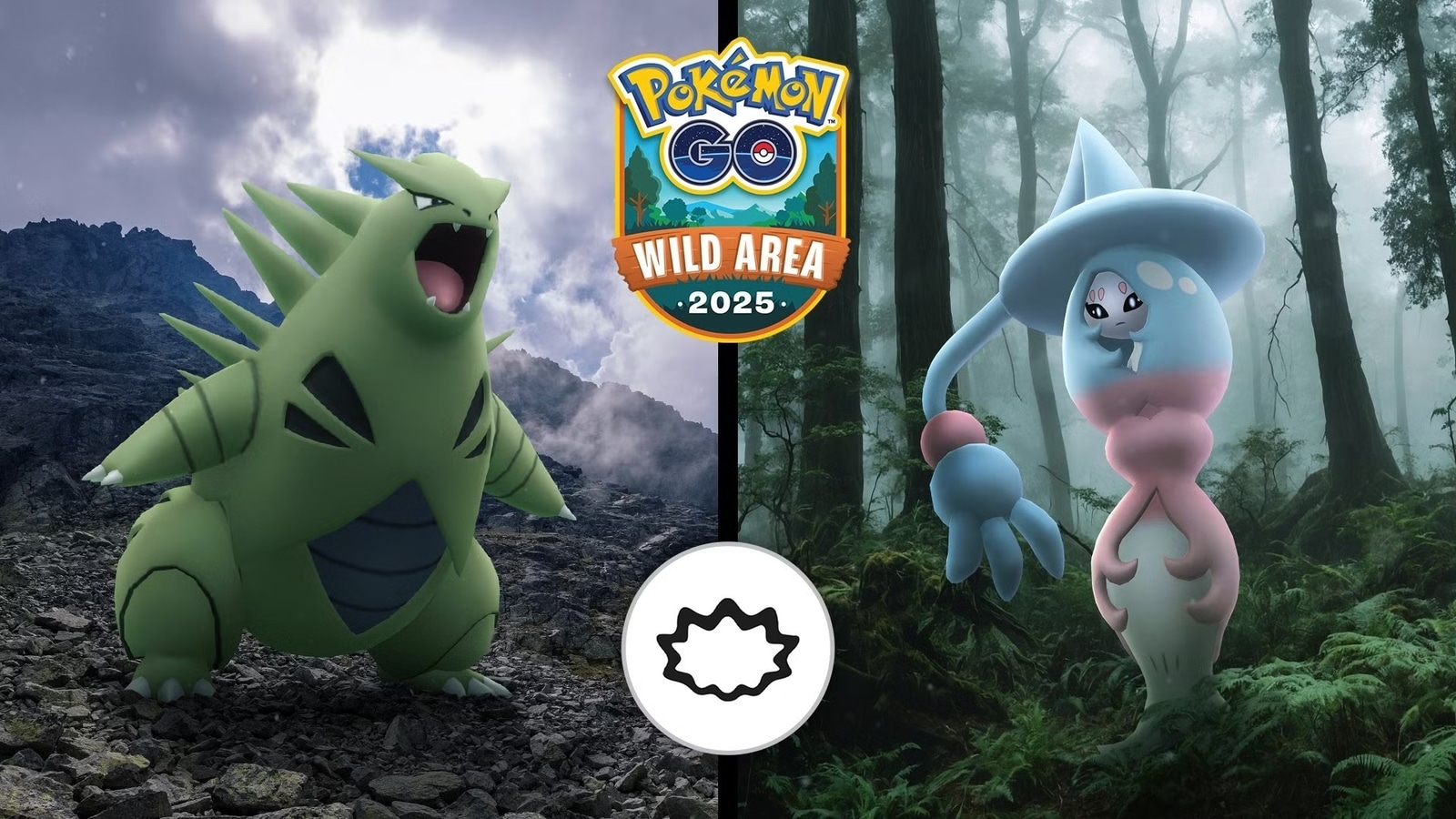Red Dead Redemption 2 has achieved significant milestones in gaming, establishing itself as a landmark title in the Western genre. With its impressive sales and positive reception, the likelihood of a third instalment in the series seems strong. However, many uncertainties surround this potential game, particularly concerning its narrative direction.
Red Dead Redemption Series Timelines and Challenges
The timelines of the Red Dead Redemption series place the narrative at a critical juncture. The sequel acts as a prequel, concluding the storyline in 1911. Extending the “Wild West” theme further into the 20th century may prove challenging. This transition could notably impact the franchise’s honour system, which has been a central theme in previous games, if the series moves closer to contemporary settings.
Also read: GTA 6 Xbox concerns: Will performance issues affect gameplay on Series S console?
Red Dead Redemption’s Honor System
The first two titles explore the decline of the Wild West, focusing on the Van Der Linde gang as one of the last prominent outlaw groups. The storyline culminates in the 1911 scene featuring Jack Marston, who may contemplate a path similar to his father’s and uncle’s. If Red Dead Redemption 3 follows Jack’s journey into adulthood, the honour system could serve as a significant narrative device. In the second game, John and Arthur strive to steer Jack away from a life of crime. After a pivotal event involving Ross, Jack’s future becomes uncertain, highlighting the need for an effective honour system.
Also read: GTA San Andreas Definitive Edition to exit PS Plus free games on this date- All details
Drawing Inspiration from GTA
To fit Jack’s evolving story, the honour system would require substantial updates, adapting to the new timeframe. One potential model could draw inspiration from Rockstar’s other franchise, Grand Theft Auto. The open-world structure in GTA allows for varied player choices, influencing reputations based on in-game actions. In a modern Red Dead game, player decisions – whether violent or benevolent – could directly affect their standing in the game world. This dynamic reputation system could lead to increased law enforcement response to criminal actions or rewards for virtuous behaviour, thus reshaping the player experience.
Red Dead Redemption 2 has achieved significant milestones in gaming, establishing itself as a landmark title in the Western genre. With its impressive sales and positive reception, the likelihood of a third instalment in the series seems strong. However, many uncertainties surround this potential game, particularly concerning its narrative direction.
Red Dead Redemption Series Timelines and Challenges
The timelines of the Red Dead Redemption series place the narrative at a critical juncture. The sequel acts as a prequel, concluding the storyline in 1911. Extending the “Wild West” theme further into the 20th century may prove challenging. This transition could notably impact the franchise’s honour system, which has been a central theme in previous games, if the series moves closer to contemporary settings.
Also read: GTA 6 Xbox concerns: Will performance issues affect gameplay on Series S console?
Red Dead Redemption’s Honor System
The first two titles explore the decline of the Wild West, focusing on the Van Der Linde gang as one of the last prominent outlaw groups. The storyline culminates in the 1911 scene featuring Jack Marston, who may contemplate a path similar to his father’s and uncle’s. If Red Dead Redemption 3 follows Jack’s journey into adulthood, the honour system could serve as a significant narrative device. In the second game, John and Arthur strive to steer Jack away from a life of crime. After a pivotal event involving Ross, Jack’s future becomes uncertain, highlighting the need for an effective honour system.
Also read: GTA San Andreas Definitive Edition to exit PS Plus free games on this date- All details
Drawing Inspiration from GTA
To fit Jack’s evolving story, the honour system would require substantial updates, adapting to the new timeframe. One potential model could draw inspiration from Rockstar’s other franchise, Grand Theft Auto. The open-world structure in GTA allows for varied player choices, influencing reputations based on in-game actions. In a modern Red Dead game, player decisions – whether violent or benevolent – could directly affect their standing in the game world. This dynamic reputation system could lead to increased law enforcement response to criminal actions or rewards for virtuous behaviour, thus reshaping the player experience.
























